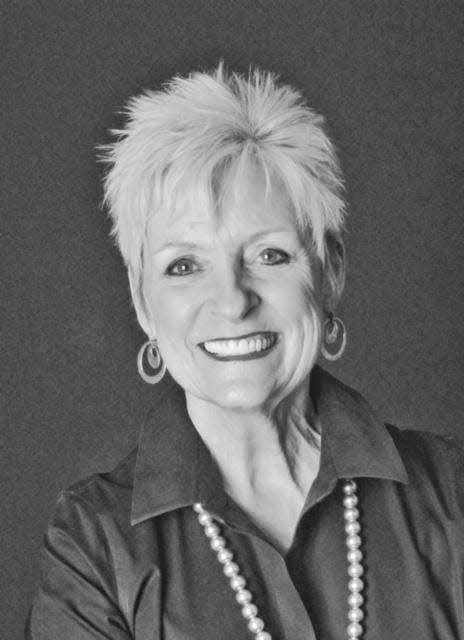Being willing to adapt as we age can lessen some awkward conversations with adult children

In the last couple of weeks, I’ve heard the same comment at least a dozen times. It’s most likely because I’m back on the speaking circuit and have more occasions to talk with people face-to-face about aging.
Someone will approach and say, “I really need to have this conversation with my mom,” or “My parents really need to get out of their house.”
Adult children are the ones watching the decline day by day. They see the growing clutter, the dusty furniture and the old food in the refrigerator. They may notice weight loss, uncombed hair and dirty clothes. It seems too awkward to mention it.
It is difficult to talk about, and there are reasons it’s difficult.
It’s a total role reversal when the kids tell their parents they are failing. It’s embarrassing, awkward and can lead to significant conflict. Dropping hints rarely works.
So, it requires some serious planning and execution. Who are these adult children talking about? Let’s get real — they might be talking about you and me. Not every family goes through this.
Ideally, the conversation about future plans starts very early. Long before it becomes an emergency, family discussions can emerge just talking about the future. Conversation starters like, “Dad, where do you see yourself in five to 10 years?” or “Would you consider downsizing into a smaller place in the future to make life easier?”
Honestly, the facts don’t change. Everyone is growing older. The fortunate ones live longer, but that creates its own problems. Planning ahead for a long life is our job. Change is hard and may become harder as we age. We may become blind to our own situation.
Our kids or others who know us well may see it more clearly and understand the dangers of our decisions. We need to listen and heed their advice. Being stubborn is self-defeating and not only creates problems for the individual but also affects entire families.
When my mom was 90, my sisters and I knew she was in trouble at home. She resisted our efforts, and finally, we had to tell her we could not continue to support her in her own home. So, after many conversations, she decided to "test" independent living.
In a month or so, she absolutely loved it and told her friends it was her idea.
I call this concept "Adaptive Aging." It is a term that more aptly fits what we do as we grow older. "Healthy Aging" or "Successful Aging" sounds too simple, as if it amounts to a diet or exercise plan. But "Adaptive Aging" describes the continuous process of change and adjustment.
When we’re in our 70s, 80s or 90s, our primary job is dealing with change.
Candidly, all of life is about change, but it becomes more of a challenge as we age. For some reason, we get past middle age and think — incorrectly — that our lives are all figured out, and we can survive on the status quo.
Virginia Woolf, English author, said, “For a self that goes on changing is a self that goes on living.”
Stephen Hawking, English theoretical physicist, cosmologist and author, added to that thought when he said, “Intelligence is the ability to adapt to change.”
Let’s be intelligent Elders and listen to those who are trying to support us!
Find Connie's book, "Daily Cures: Wisdom for Healthy Aging," at www.justnowoldenough.com.
This article originally appeared on Topeka Capital-Journal: Positive attitude helps with process of change and adjustment
